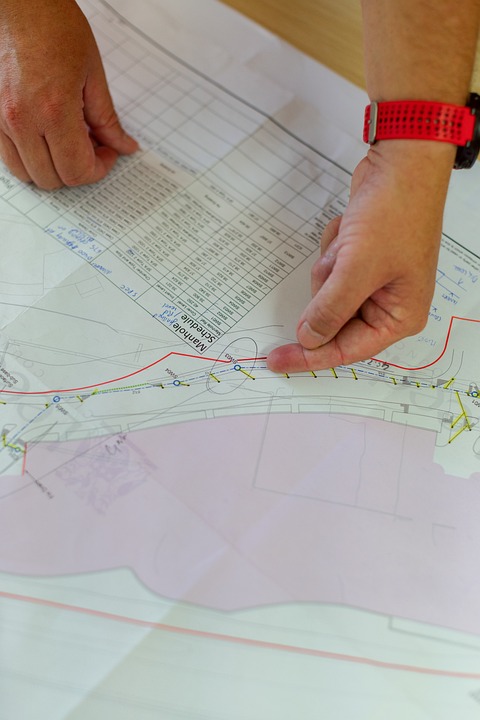Essential Skills and Responsibilities for Civil Engineers: A Shortage Occupation with Great Career Prospects in the UK
Civil engineering stands as a cornerstone of modern infrastructure, encompassing a vast array of responsibilities that shape our daily lives. As the UK grapples with an increasing demand for skilled professionals in this field, it becomes crucial to explore the essential skills required and the responsibilities undertaken by civil engineers.
1. Technical Proficiency
At the heart of civil engineering lies a robust foundation in mathematics and physics. Engineers must adeptly apply these principles to design structures that are not only functional but also safe and sustainable. For instance, understanding the nuances of fluid dynamics can be pivotal when designing drainage systems or bridges. Moreover, proficiency in software tools such as AutoCAD and BIM (Building Information Modelling) is increasingly indispensable. These technologies facilitate innovative design and streamline project management, allowing engineers to model complex structures before they are built.
2. Project Management and Coordination
Beyond technical skills, civil engineers are often thrust into the realm of project management. Coordinating with architects, contractors, and local authorities demands a keen sense of leadership and communication. Engineers must be adept at managing timelines, budgets, and resources while navigating the complexities of planning permissions and environmental regulations. The ability to foster collaboration among diverse stakeholders cannot be overstated; as noted by the Institution of Civil Engineers, successful projects hinge on effective communication.
3. Problem Solving and Adaptability
In an ever-evolving landscape, civil engineers must be nimble thinkers. Challenges arise unexpectedly—be it a sudden change in project scope or unforeseen geological conditions. The capacity to devise innovative solutions in real-time is invaluable. Engineers often turn to historical precedents or analogous situations to inform their decisions, demonstrating that experience plays a crucial role in effective problem-solving.
What happens, though, when conventional methods fall short? This is where creativity comes into play. The ability to think outside the box can lead to groundbreaking solutions that not only meet immediate needs but also ensure long-term sustainability.
4. Commitment to Sustainability
As environmental concerns intensify, civil engineers are increasingly tasked with integrating sustainability into their designs. The UK government has set ambitious targets for carbon neutrality, and engineers are at the forefront of this transition. Implementing eco-friendly materials, designing energy-efficient buildings, and creating resilient infrastructure that can withstand climate change are paramount. It is essential for engineers to be well-versed in sustainable practices and to continually update their knowledge in this rapidly advancing field.
5. Continuous Professional Development
The landscape of civil engineering is not static; it evolves with technological advancements and regulatory changes. Therefore, a commitment to lifelong learning is essential. Professional development through workshops, certifications, and further education ensures that engineers remain relevant and competitive. The emphasis on continual growth is echoed by the Professional Engineering Institutions, which advocate for ongoing training and skill enhancement.
A Bright Future Ahead
With a shortage of qualified civil engineers in the UK, the career prospects are undeniably promising. The combination of high demand and competitive salaries makes this profession an attractive option for both new graduates and seasoned professionals alike. As infrastructure projects burgeon across the nation, the need for skilled civil engineers will only increase.
In this dynamic environment, Visajob.co.uk stands ready to support you in navigating the complexities of securing employment in the UK, particularly for positions that require sponsorship. The journey may be challenging, but with the right guidance, you can carve out a successful career in civil engineering. Embrace the opportunity to make a tangible impact on society—your expertise could very well shape the future of our built environment.




